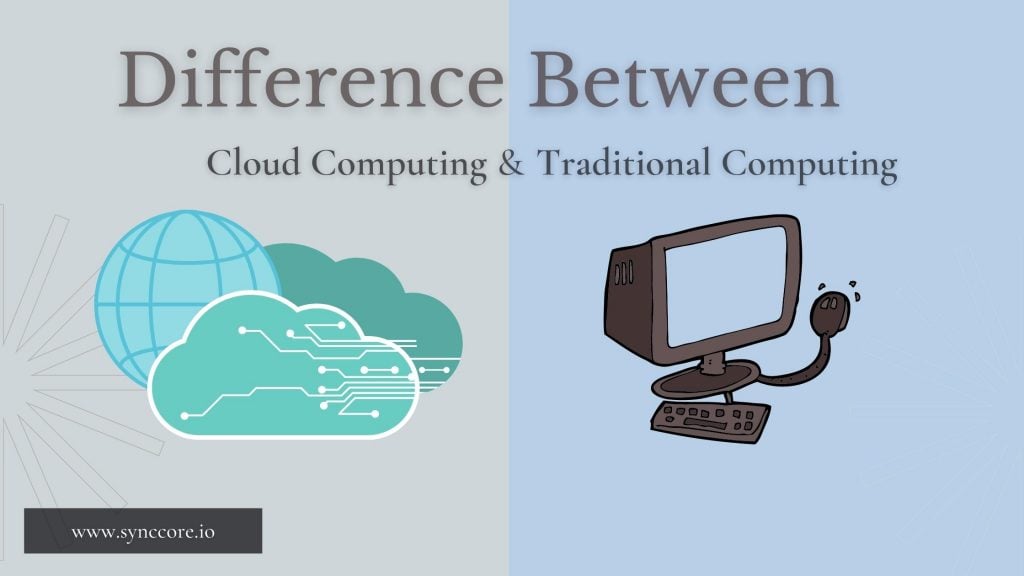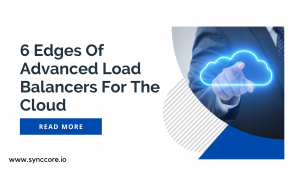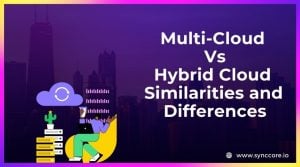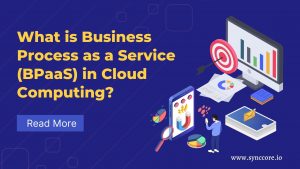Table of Contents
Difference between Cloud Computing and Traditional Computing
1. Cloud Computing Overview :
As the name implies, cloud computing is a collection of flexible system resources and enhanced services that may be delivered instantly through the internet. It simply reduces power costs, eliminates capital expenditures, eliminates redundancy, reduces personnel costs, increases collaboration, and so forth. We become more efficient, secure, and flexible as a result of it.
2. Traditional Computing Overview :
Traditional computing, as the name implies, is characterized by the use of physical official data centers for the storage of digital assets and the operation of a complete networking system for day-to-day operations. Users’ access to data, software, and storage is restricted to the device or office network to which they are connected. Users can only access data on the system where it is kept in this computer.
Difference between Cloud Computing and Traditional Computing :

| Cloud Computing | Traditional Computing |
| It refers to the transmission of various services, such as data and programs, across the internet to different servers. | It refers to the delivery of various services on a local server. |
| It occurs on third-party servers, which are hosted by third-party hosting providers. | It occurs on physical hard discs as well as online servers. |
| It refers to a user’s capacity to access data from any location at any time. | Users can only access data on the system where it is kept. |
| It is less expensive than traditional computing since the operation and maintenance of the server is shared among numerous parties, lowering the cost of public services. | It is less cost-effective than cloud computing since expensive equipment is required to operate and maintain the server. |
| It is more user-friendly than traditional computing since users may access data from anywhere at any time through the internet. | It is less user-friendly than cloud computing because data cannot be accessible from any location, and if a user needs to access data from another system, he must save it on an external storage medium. |
| It is necessary to have a fast, dependable, and consistent internet connection in order to access information at any time and from any location. | Data and information can be accessed without the use of an internet connection. |
| It gives more storage space, servers, and processing power, allowing applications and software to function more quickly and efficiently. | When compared to cloud computing, it offers less storage. |
| It also has scalability and elasticity, which means that it can scale up or down storage capacity, server resources, and so on, depending on business demands. | It doesn’t have any scalability or flexibility. |
| The provider’s support team is in charge of the cloud service. | It takes a dedicated crew to manage and monitor the system, which will take a significant amount of time and effort. |
| Software is available as a subscription-based on-demand service (SaaS) that can be accessed at any time. | Software must be purchased separately for each user and updated on a regular basis. |
If you are the captain of your own ship, you will, of course, select the greatest equipment for your ship’s construction to ensure safety and security. Similarly, regardless of the size of your organization, a cloud-based application will provide the greatest overall support. The nicest part about cloud-based apps is their agility, adaptability, and dependability. Cloud computing is the way of the future, and whether or not a company can adapt to the new changes will determine its existence. So don’t overthink it and get ready to migrate to the cloud.
If you are looking for cloud services, then SyncCore cloud services are best for you. Email – [email protected] or Learn more: www.synccore.io
Read More:



